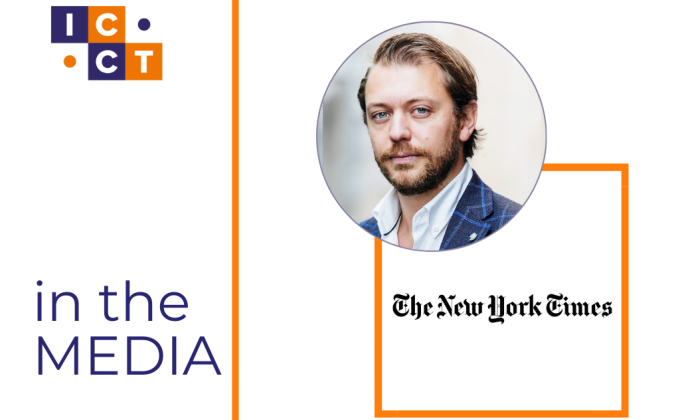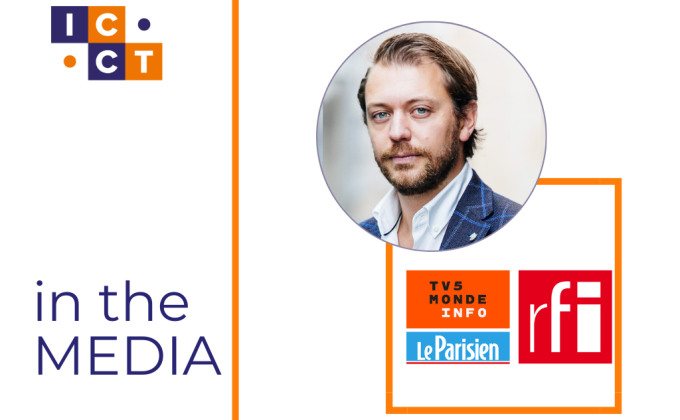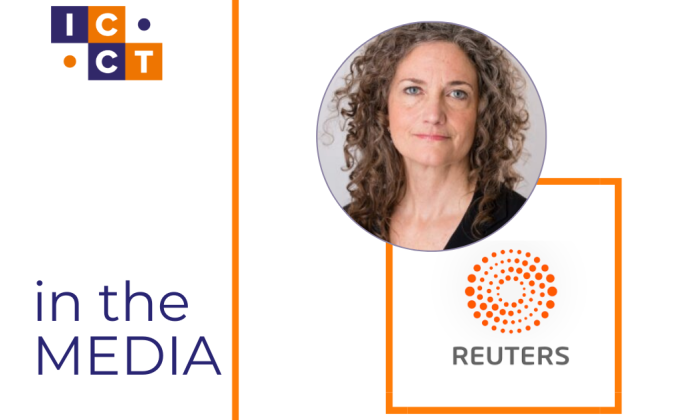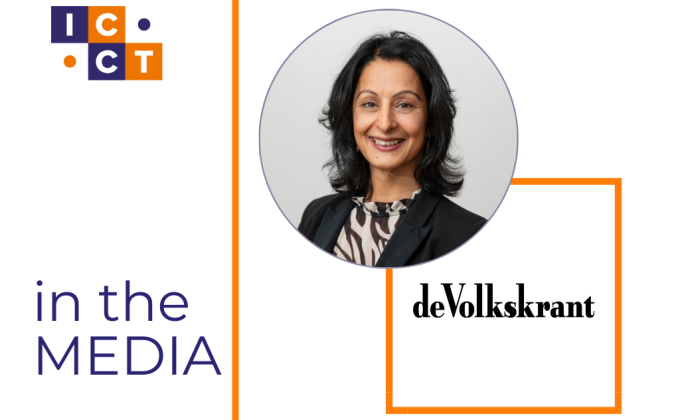On 18 and 19 June, ICCT and Hedayah convened a roundtable expert meeting to examine the components for a counter-narrative framework that could effectively refute the narratives communicated by violent extremist actors such as al Qaeda. The workshop gathered 25 of the leading experts from around the world at the Hedayah Centre in Abu Dhabi and used the recently-published Research Paper by ICCT Research Fellow Dr. Alex P. Schmid as a starting point for discussions.
The meeting identified various challenges encountered by existing governmental and non-governmental counter-narrative initiatives. Participants discussed various elements relevant in the context of counter-narratives such as the type of narrative, the target audience, the messenger, the substance of the message and the medium used to deliver the most effective counter-narrative. Specifically, the experts analysed these different elements to identify best practices and recommendations for effective counter-narrative strategies. For example, clearly defining the goal of a counter-narrative for all actors involved in advance of any communicative action is pivotal in ensuring effectiveness. To do so, actors must have a profound understanding of the target audience and a good perception of the multi-layered messaging and narrative of violent actors. Here, knowledge and information sharing with other actors such as those in development-related sectors is crucial. However, past experience has shown that the involvement of certain other actors such as former violent extremists, victims and religious voices in counter-narrative activities can carry great risks to the effectiveness of the counter-narrative and the persons involved, and should therefore be carefully evaluated. The role of governments was also examined and there was consensus that governmental bodies are a more relevant and credible actor than sometimes assumed; therefore governments need to communicate strategically and consider that absence of communication also sends a message.
During the final session, using examples of current and potential future projects that may close the knowledge gap and assist in the development of counter-narratives, a list of promising projects that could be considered by governments and other donors was developed.
Read the full meeting report including recommendations.



